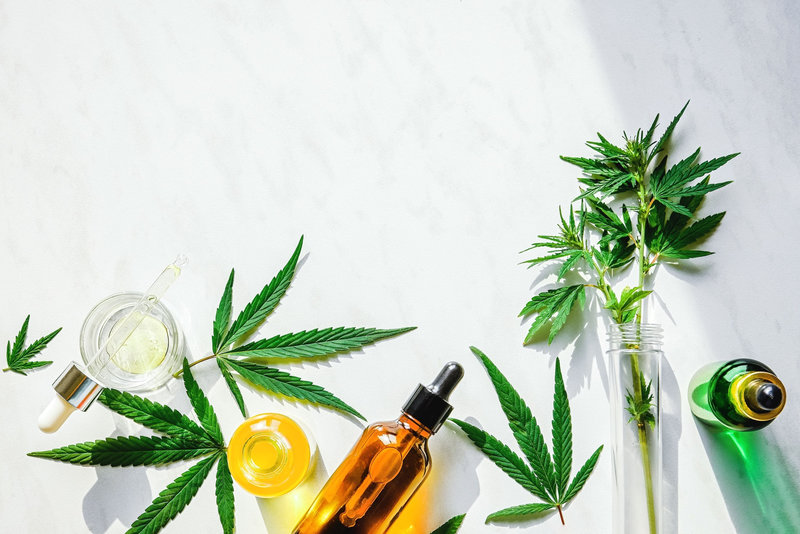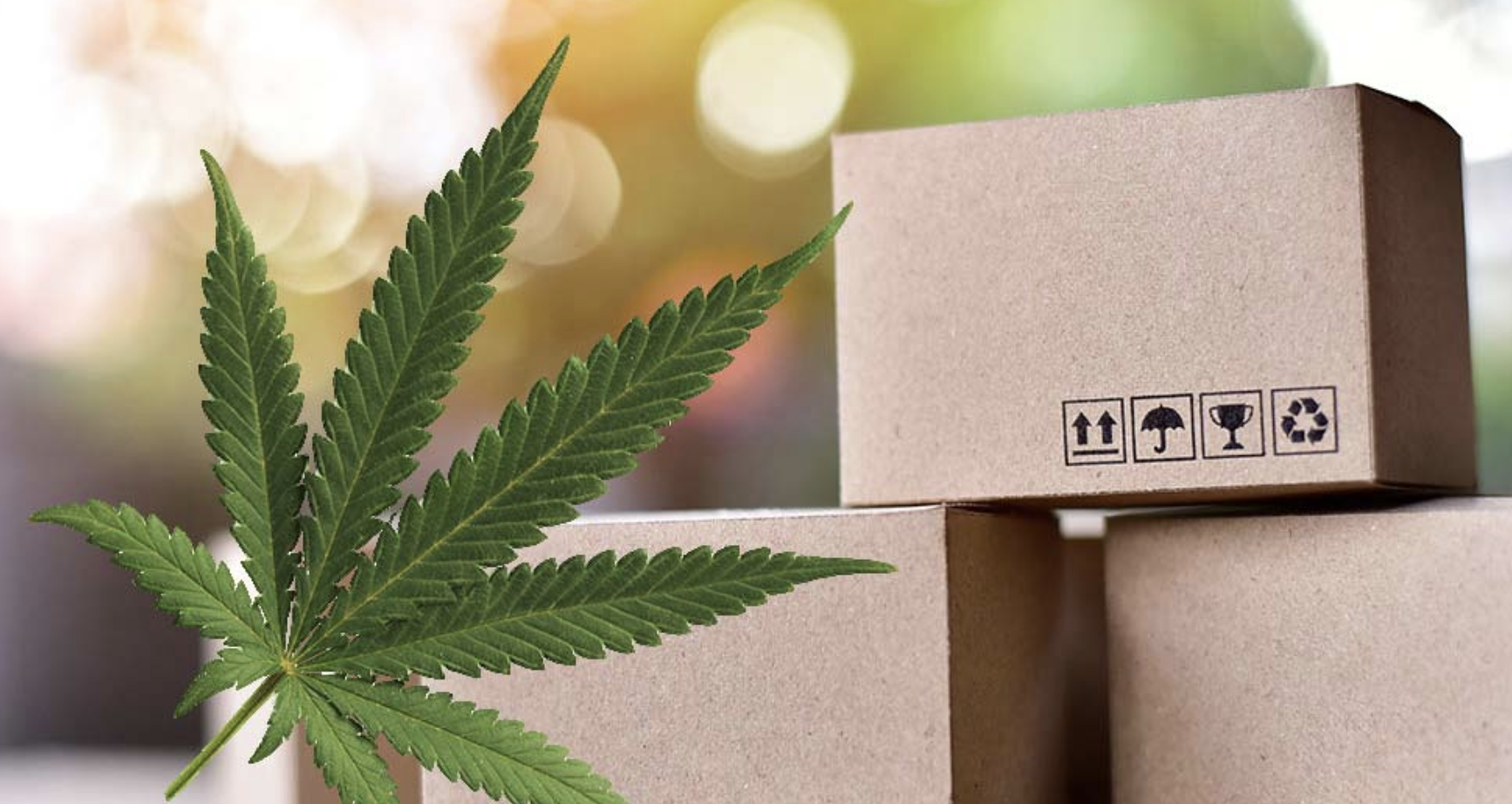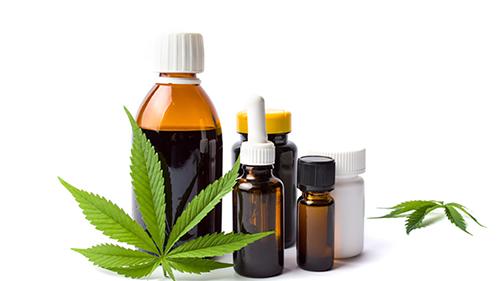Share this
The Ultimate CBD Fulfillment Guide: Part Three
by Christie McLeod on Jun. 14, 2022

Creating a Solid CBD Business Plan
Choosing the right partner can make or break your company’s logistics, customer service, and repeat purchases. Using a fulfillment center like Shipfusion frees you from navigating the fulfillment landscape with zero stress. Below are some insights on how Shipfusion can take your business to the next level.
You can’t launch any business without a solid business plan, and CBD is no exception to that rule. In fact, your business plan for a CBD specialty company has to be near foolproof to keep you, your suppliers, and your customers safe. You don’t want to miss any potential obstacles that may come your way, so thorough preparation is vital.
Here are a few essential components that your CBD business plan should contain.
Market Analysis: Know your industry size, customer base, and competitors so you can position and price your product accordingly.
Compliance Plan: Create your compliance plan around existing federal and state CBD laws, and consider how quickly those laws are evolving. It would be best to remain consistently up to date with new legislation and regulatory changes.
Brand and Confirm Your Product: If you haven’t created your brand name or mission statement, now is the time. Develop the CBD niche you plan to target, choose a product range, and pick a supplier.
Financing: To succeed in selling CBD, you’ve got to know what you can afford upfront. Finances are crucial to any business plan, and working with a professional financial advisor is recommended here. The CBD industry is growing, but you’ve got to enter from the right angle.
Realistic Marketing Plan: Create a marketing plan that will grow awareness surrounding your CBD brand in a completely compliant way. Writing a marketing plan for CBD-specific products takes a ton of time and research, but it’s typically very worth it.
Above all, your business plan needs to remain in line with current CBD lawmaking.
Picking Your CBD Niche
One of the most critical aspects of your CBD company, other than your marketing and business plans, is choosing your CBD supplier or fulfillment center. Before you begin traveling around and contacting suppliers, you’ll want to find your niche to know what products you’ll purchase from them.
These days, you can purchase anything with CBD in it, but which of those products means something or stands out to you? Consumer interest is high in CBD, so it’s only natural that entrepreneurs and big business will do their best to capitalize on that interest. It’s up to you when it comes to what you want to sell. Ask yourself if you’re going to take a trending path like CBD workout clothing or pet gummies or stock the classics like oil and edibles.
Here are the most popular CBD niches:
- CBD foods and beverages
- Wellness products and supplements
- Cosmetic products containing CBD
- Pet products containing CBD
Choose the niche on this list that appeals to you the most, and then narrow it down to help you find the best supplier. Here are a few options you could derive from this list.
- Drops and Sprays
- Capsules and Pills
- Cartridges and Vapes
- Tinctures
- Patches and Topical CBD Infusions
- Edibles
The CBD niche you choose can help you pick a supplier. Many fulfillment centers focus only on a few products to keep quality high and production rates on track, which you want as a company. So, you’ve found a fulfillment center that manufactures the products you want to sell, but what else should you look for in a potential CBD business partner?
The Search for a Reliable Supplier
One of the most problematic aspects of launching a CBD-focused business is locating a reliable supplier. Those who have been in the industry for years now are likely to convey this exact sentiment, and they’ll probably also tell you that they’ve switched health product fulfillment centers or suppliers at least once.
There are a few reasons that partnering with a reputable CBD supplier can be difficult, to say the least.
Sourcing
First and foremost, you must ensure that your supplier is extracting CBD from hemp plants instead of marijuana plants. Marijuana plants contain a much higher dosage of THC and are legal in only a handful of states.
Don’t get too excited if you’ve found a supplier that sources CBD from marijuana plants and your state is on the list of legal locations. You can only produce and sell this type of CBD through closely and strictly regulated marijuana markets.
Third-Party Analysis
Both federal and state laws require that all hemp grown in the United States be tested for THC concentration levels. The fulfillment center or supplier that you choose to work with must be able to produce an independent third-party certificate of analysis or a COA for every batch of hemp-derived ingredients, actual hemp, or finished products.
The certificate presented must show a concentration level of no more than the magic number; 0.03%. If the supplier you intend to work with cannot give you this, you’ve got to move on to one that can.
Reputable wholesalers in the CBD industry often carry out lab testing, give buyers a COA outlining their product’s THC content, and prove that the product is free of other possible contaminants. No available COA is a massive red flag for suppliers.
Think of it this way. As a new CBD retailer, the last thing you want is to gain a reputation for shady business practices, so a COA is so important. A thorough analysis should show more than THC content, focusing on components such as:
● Method and origin of hemp sourcing
● Licenses and certifications obtained from sourced hemp
● Current use of manufacturing practices
● The method of extraction
Timeline
If your potential suppliers can all present COAs, you’re ready to discuss the timeline. Working with a supplier that sells a quality product but consistently falls behind on shipping is better than one that sells illegal content CBD products but ships overnight.
However, it would be best if you could work with a supplier that promises fast shipping and quality products, as consumers today tend to expect both of those things. Discuss your store’s grand opening (if your store isn’t already open) with your fulfillment center and the demand you expect. Preparation on every level is crucial to a successful launch, and there should be plenty of communication on both ends.
Pricing
Supplier pricing is just as important as product quality and shipping times. If you can’t afford your supplier or believe that they’re grossly overpriced (which does happen, especially with CBD products), then it’s time to reconsider.
You have to do what’s best for your business, and that includes finding a supplier that has quality, legal products, will work with your desired ship or wholesale order times, and doesn’t gouge you on price points.
The Perfect CBD Supplier
There might not be a perfect CBD supplier, as unforeseen circumstances can arise for everyone. However, plenty are willing to work with and fulfill the quality CBD products you need when you need them. It’s all about finding what works for you, and reputable wholesalers in the industry are becoming more commonplace.
Reviews from other will entrepreneurs in the CBD business will tell you everything you need to know, and it doesn’t hurt to look for a supplier that offers extra services, such as drop shipping or labeling.
NEXT WEEK: How to pick a shipping carrier for your CBD product
One of the most problematic aspects of launching a CBD-focused business is locating a reliable supplier. Those who have been in the industry for years now are likely to convey this exact sentiment, and they’ll probably also tell you that they’ve switched fulfillment centers or suppliers at least once. To be continued next week…
Shipfusion sets your business on autopilot and combines flexible, reliable fulfillment with powerful, real-time technology. Shipfusion has multiple fulfillment centers across the US and Canada– making it easy to manage your eCommerce business. For more information on how to set your business on autopilot, contact one of our fulfillment specialists today.
Share this
You May Also Like
These Related Articles

What to Consider Before Shipping CBD Products

The Ultimate CBD Fulfillment Guide: Part Two

CBD eCommerce Fulfillment and Shipping Facts
- April 2025 (9)
- March 2025 (26)
- February 2025 (26)
- January 2025 (37)
- December 2024 (16)
- November 2024 (23)
- October 2024 (22)
- September 2024 (27)
- August 2024 (9)
- July 2024 (8)
- June 2024 (5)
- May 2024 (8)
- April 2024 (8)
- March 2024 (6)
- February 2024 (6)
- January 2024 (5)
- December 2023 (3)
- November 2023 (3)
- October 2023 (5)
- September 2023 (4)
- August 2023 (2)
- July 2023 (1)
- June 2023 (4)
- March 2023 (2)
- October 2022 (1)
- September 2022 (5)
- August 2022 (4)
- July 2022 (7)
- June 2022 (4)
- May 2022 (4)
- April 2022 (6)
- March 2022 (2)
- February 2022 (1)
- January 2022 (3)
- December 2021 (2)
- November 2021 (4)
- October 2021 (2)
- September 2021 (5)
- August 2021 (4)
- July 2021 (4)
- June 2021 (3)
- May 2021 (2)
- April 2021 (3)
- March 2021 (3)
- February 2021 (3)
- January 2021 (2)
- December 2020 (4)
- November 2020 (2)
- October 2020 (4)
- September 2020 (2)
- July 2020 (5)
- June 2020 (4)
- May 2020 (2)
- April 2020 (2)
- March 2020 (4)
- February 2020 (1)
- December 2019 (1)
- May 2018 (1)
- March 2018 (2)
- February 2018 (3)
- January 2018 (3)
- November 2017 (3)
- July 2017 (4)
- March 2017 (3)
- February 2017 (5)
- January 2017 (3)
- December 2016 (4)
- November 2016 (6)
- October 2016 (6)
- October 2015 (1)
- September 2015 (1)
- June 2015 (3)
- May 2015 (3)
- August 2014 (1)
- July 2014 (1)
- March 2014 (1)
- February 2014 (1)